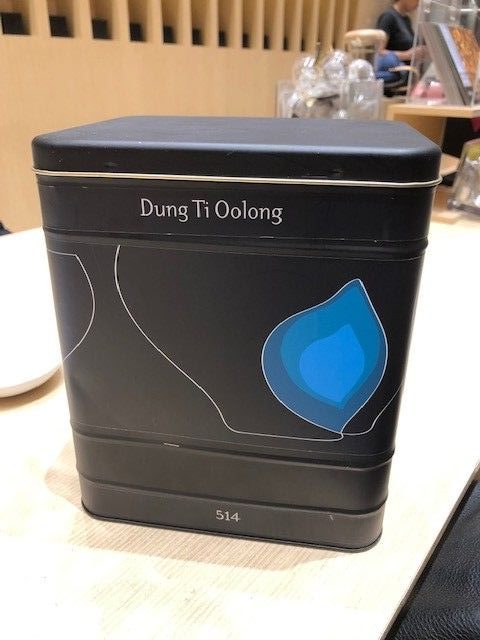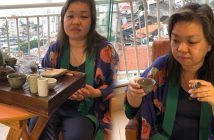With four stores in malls, JK, Higienópolis, Paulista and Morumbi, the brand bets on the growth of online businesses.
We all know that Brazil is still the country of coffee. In general, people do not drink tea and when they do, they rely more on the therapeutic qualities of the drink than on its rich taste and diversity. Investing an enormous amount of money, around R$ 800,000, 10 years ago, was almost synonymous with insanity.
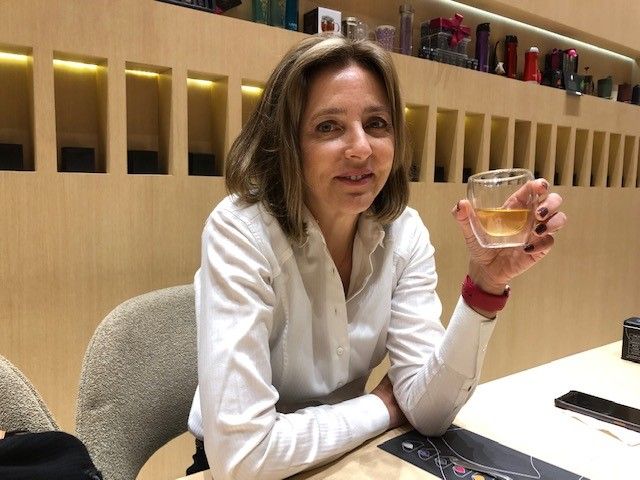
“We are not a pharmacy. You have to learn to drink tea not only for its benefits, but for all its diversity of aromas and flavors.”
Entrepreneurship, Teas and Design
But that is exactly what former financial executive Monica Rennó and her partner Mariana Schwartsman did. “There came a moment in my professional life that I wanted to undertake. On one of my international trips, I met a Mariage Frères store, (www.mariagefreres.com) in Paris and I fell in love. I saw that there was nothing similar in Brazil and I tried to come back and set up a business plan,” she says.
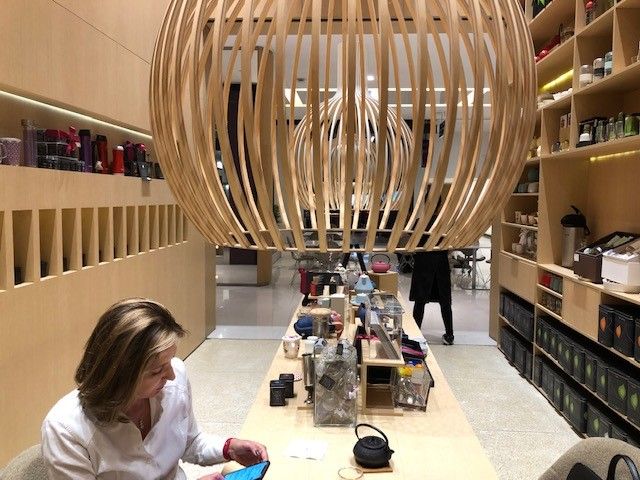
Talchá
With the planning in hand – which defined that it would create a Brazilian brand, with names in Portuguese, and that had no thematic identity –, she went to the USA to visit one of the most important international tea fairs and participate in a boot camp, totally immersing into the theme. “I bought all the books I could and made contact with the best international bulk tea suppliers,” she says.
As she has always loved design, she hired none other than the famous Brazilian architect, Marcio Kogan, (www.studiomk27.com.br), to design her first store at the Higienópolis mall, www.iguatemi.com.br in São Paulo.
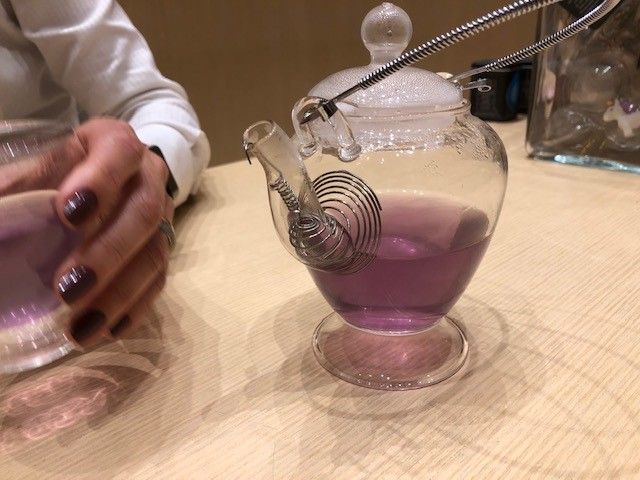
She also defined that Talchá (www.talcha.com.br) she would need to have a kitchen, service, food menu and tables for the Brazilians to drink their tea. “It was no use just having teas, as it wouldn’t work,” she says.
“We spent almost two years with just one store to test our concepts. After that time, as the business was doing well, and we needed to gain scale, we decided to expand and open other points,” she explains. Today, she has four spots, all in malls in the city of São Paulo, Higienópolis, JK, Paulista and Morumbi, in a complex operation that employs 60 people, all under the CLT regime..
The Blends
Talchá works mainly with blends of various types from Camelia Sinensis and also with pure ones, considering that these are much more expensive. Monica buys from large importers that, according to her briefing, send samples with different proportions of ingredients for her to approve. “We usually do several tests before approving, meeting our clients’ preferences, who follow worldwide trends as well. Recently, we launched a turmeric tea, which has been fairly successful,” she says. Another concern Monica has is that all her suppliers have all possible certifications to ensure the quality of the products. The businesswoman was the superintendent of marketing and corporate relations at WWF Brasil, (www.wwf.org.br), an international ngo which operates in the areas of conservation, research and environmental recovery.
In her tea list, there are about 80 options, and the favorites of Brazilians are aromatic, with flowers and fruits. “It’s normal, as even in Europe it’s still like that. Brazilians still do not like pure tea, from an origin, but this is a development that will happen naturally. Just watch what is happening in the specialty coffee market,” she comments.
Recently, they launched the Sabores do Brasil line, with four options, coconut and passion fruit mousse, guava, tropical banana and cocoa mate, the latter developed in partnership with Dengo (www.dengo.com.br). “This line was created at the request of our foreign clients who came to Brazil and wanted to bring some souvenirs with flavors from here,” she says.
All shoppers can enjoy free tea of the day. “We continue to invest in consumers’ education, so we can grow,” she emphasizes.
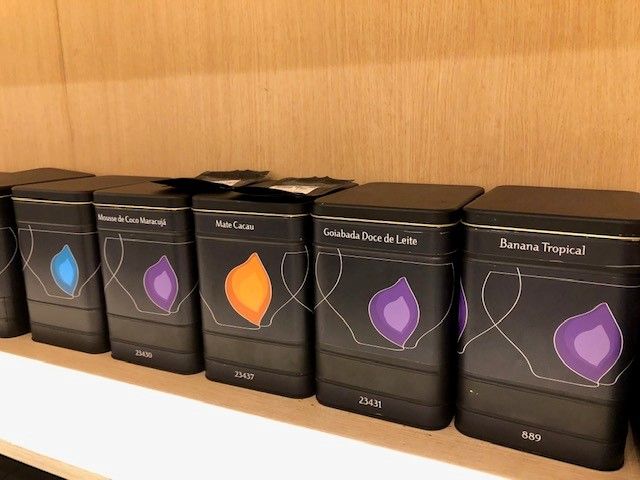
Sabores do Brasil line
Corporate Market
Talchá has currently invested heavily in the corporate market, offering elegant options for cafes, businesses and restaurants. “We spent the first five years or so educating the market, explaining, teaching, failing countless times. They said our teas were expensive, that the customers would not understand. Now we are reaping the fruits of this work and closing great partnerships,” she says.
The last one was with Kop Koffee, Kopenhagen’s new coffee chain, (read article here), as well as Suplicy Cafeteria, Le Jazz (www.lejazz.com.br), Rede Piu (www.piurestaurante.com.br), among others.
Gift Line
Everything in the store is imported, including its line of utensils and gifts. There are numerous items ranging from teapots, cups, mugs, infusers, kettle, meters, jugs etc., all intended to make the tea experience much more flavorful.
“Surviving in the tea market in Brazil is not easy. Currently, our battle is the exchange rate, which is not favorable to imports. But we continue to believe, especially in ecommerce, that in the coming years there should be an exponential growth, with the increasing use of mobile phones in people’s lives. At this moment, I am focused on our operation for Christmas, with the importation of champion blends, such as red fruits, Santa Claus and Christmas Trees”, she concludes.
